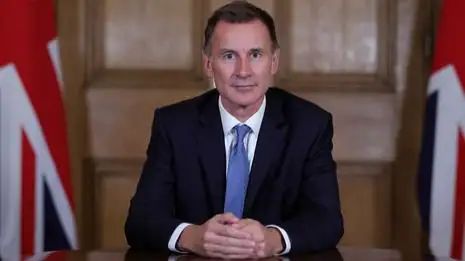UK inflation cools in February, offers room for interest rate adjustments
The Office for National Statistics reported on Wednesday that consumer prices increased by 3.4 per cent year-on-year in February, down from a 4.0 per cent rise in January. This marks the lowest inflation rate since September 2021 and slightly below the Reuters poll forecast of 3.5 per cent.
Core inflation, which excludes volatile items such as energy, food, and tobacco, also showed a decrease of 4.5 per cent compared to 5.1 per cent in January, aligning closely with market expectations.
These figures arrive just ahead of the Bank of England’s forthcoming decision on interest rates, possibly elevating confidence within the central bank regarding potential rate cuts in the near future. Notably, services inflation, a metric closely monitored by the BoE, moderated to 6.1 per cent from 6.5 per cent in January, in line with the central bank’s projections from the previous month.
Responding to the data, Finance Minister Jeremy Hunt expressed optimism about the economic outlook, citing potential improvements in growth and employment conditions. Hunt’s recent reduction of social security contributions on March 6 aligns with the government’s efforts to stimulate economic activity.
In contrast, the opposition Labour Party, currently leading in opinion polls ahead of an anticipated election later this year, highlighted ongoing concerns about high prices and underlined the perceived economic challenges faced by citizens after 14 years of Conservative governance.






